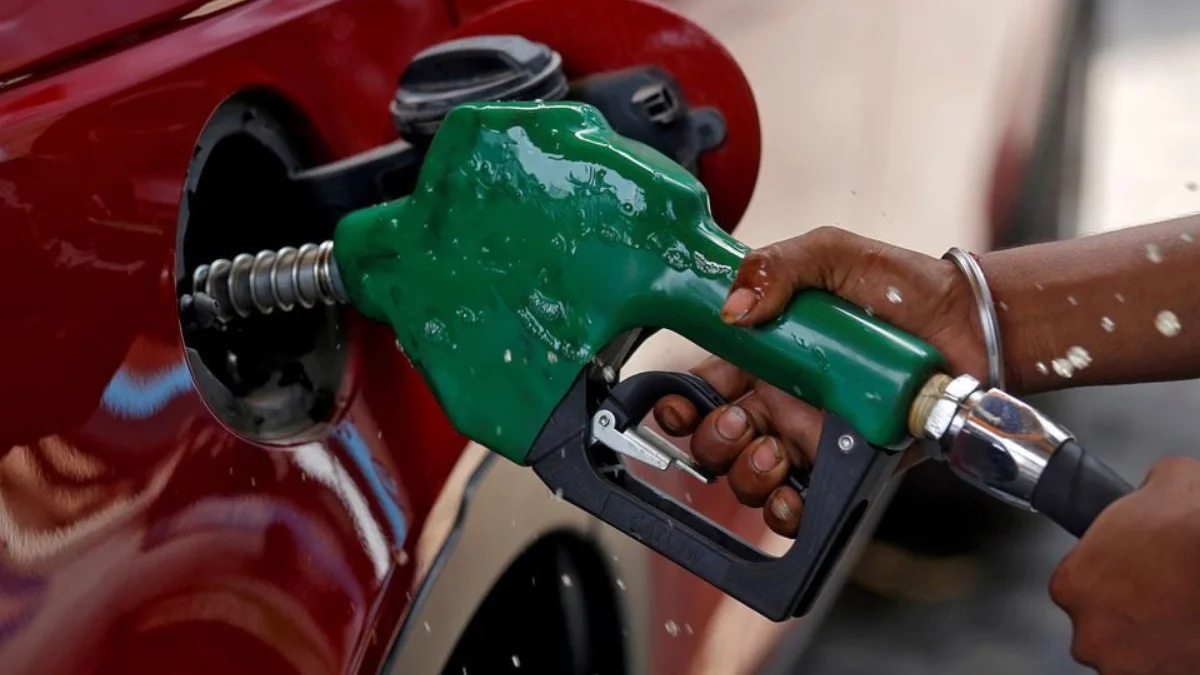The government’s haste to authorize pump owners to determine petrol prices independently has sparked concerns within various sectors. This decision, made in a hurry, raises questions about its potential impact on consumers and the broader economy.
The move to allow pump owners to set their own petrol prices comes at a time when economic stability is a top priority. With the price of petrol playing a crucial role in inflation and overall consumer spending, any sudden changes can have far-reaching consequences.
Critics argue that this decision could lead to price fluctuations, making it challenging for consumers to budget and plan their expenses effectively. Moreover, it may create an environment where pump owners prioritize profit margins over fair pricing, potentially burdening consumers further.
Additionally, concerns have been raised about the government’s rationale behind such a move and whether adequate safeguards are in place to protect consumer interests. Transparency and accountability in setting petrol prices are essential to ensure a level playing field and prevent exploitation of consumers.
While the government may argue that delegating price-setting authority to pump owners fosters competition and efficiency, it is imperative to consider the potential risks and implications carefully. Balancing the interests of stakeholders while safeguarding consumer welfare should be the primary focus of any policy decision in this regard.
In conclusion, the government’s rush to permit pump owners to set petrol prices independently raises concerns about its impact on consumers and the economy. A thorough evaluation of the risks and benefits, along with transparent regulatory mechanisms, is necessary to mitigate potential adverse effects and ensure a fair and stable pricing system for all stakeholders.
Also Read: Petroleum Prices: Government to Announce Unfavorable Fuel Price Update Tomorrow





